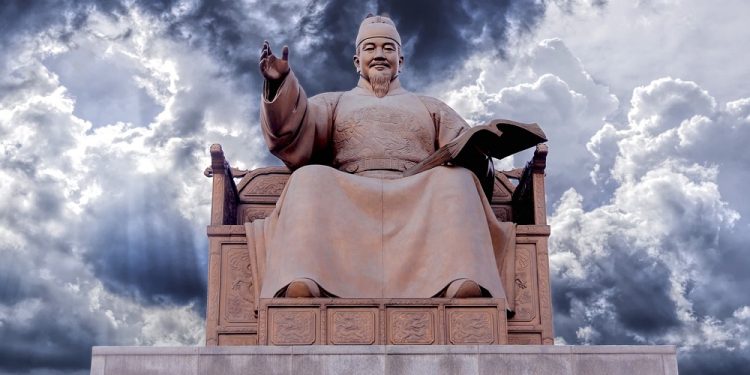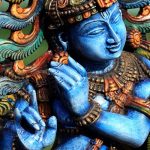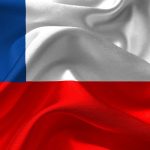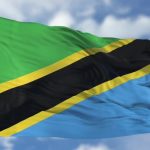
Hangul Day
Hangul Day is a holiday observed on October 9th in South Korea and on January 15th in North Korea. This holiday commemorates the creation of the Korean alphabet by Sejong the Great during the 15th century.
Also known as Hangeul Proclamation Day in South Korea, Chosŏn’gŭl Day in North Korea, and Korean Alphabet Day in English, this public holiday is a day when Koreans can take pride in their culture and language.
The History of Hangul Day
The Korean alphabet, Hangul, did not evolve in the same way that most alphabets have around the world. Instead of pictures gradually becoming letters over time, as most alphabets are created, Hangul was actually created by a single person rather than a group of people.
King Sejong decided that Koreans should have their own alphabet instead of just using the Chinese alphabet, so in 1443, he commissioned the creation of one. By 1444, the alphabet was completed and in use.
Hangul was an alphabet that was easy to learn, but it was not always popular. At the beginning of the 16th century, the king banned Hangul, and all education centers that taught this alphabet were closed down. Fortunately, during the 19th century, Hangul experienced somewhat of a resurgence.
It became an integral part of Korean nationalism when the Japanese occupied Korea at the turn of the 20th century and through World War II. It started becoming more popular during the 1970s, and this is when Hangul Day was established as an official holiday.
Observing Hangul Day
It’s a good day for a trip to the museum to learn more about the Korean alphabet—an alphabet that’s so easy to learn it’s said that a person can learn it in two hours or less.








